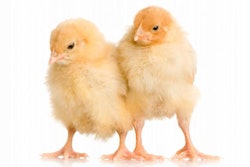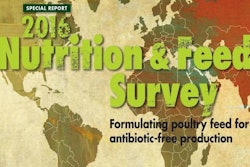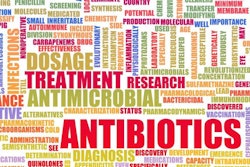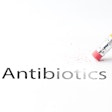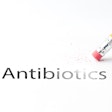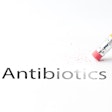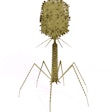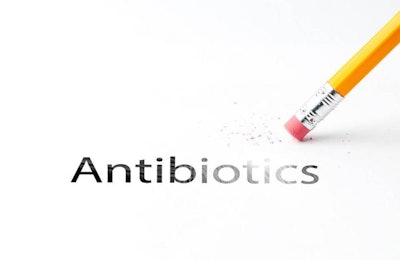
With the aim to decrease the risk of antibiotic resistance, sales of the antibiotic colistin should be cut by 65 percent, according to a new report from the Antimicrobial Advice Ad Hoc Expert Group (AMEG) of the European Medicines Agency (EMA).
In the future, colistin-containing medicines should only be used as a second-line treatment in animals, and their sales should be minimized across all European Union (EU) Member States, EMA recommends. The advice updates the agency’s guidance from 2013, taking into account the views of stakeholders during a public consultation.
These actions follow the discovery of a new mechanism used by bacteria to develop resistance. This involved a gene – known as the mcr-1 gene – which is easily transferred between different bacterial species. First identified in southern China, the gene has since been discovered in Europe and other regions of the world.
Call to reduce use across EU
Specifically, the EMA is calling on all EU countries to reduce the use of colistin in animals to a target level of no more than 5 mg of colistin per population correction unit (PCU) over the next three to four years. PCU is a measure that takes into account the estimated weight of livestock and slaughtered animals. Sales of colistin for veterinary use have already fallen over the period 2011-13 but if successfully applied, this latest recommendation would reduce sales of colistin to approximately 65 percent of the current level for veterinary use across the EU.
EMA is encouraging even stricter national targets, with 1 mg of colistin per PCU as a desirable level.
The reductions should be achieved by better animal husbandry, improved biosecurity and livestock vaccination, and not by increased use of other antimicrobials, according to the EMA.
In addition, the Expert Group has called for colistin to be reclassified as a Category 2 medicine so that it is reserved for treating infections in animals for which no effective alternative treatments exist.
Colistin (colistimethate sodium) has been used for more than five decades for humans and animals. In veterinary medicine, it is used to treat infections caused by Enterobacteriaceae, while it is the antibiotic of last resort in human medicine when other treatments have failed. It is among the five antibiotics most often used in animals in the EU.
This year, evidence was released that indicated growing resistance to antibiotics generally in bacteria affecting European livestock.


